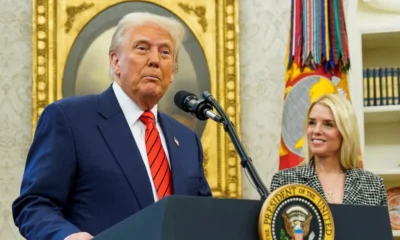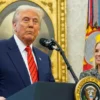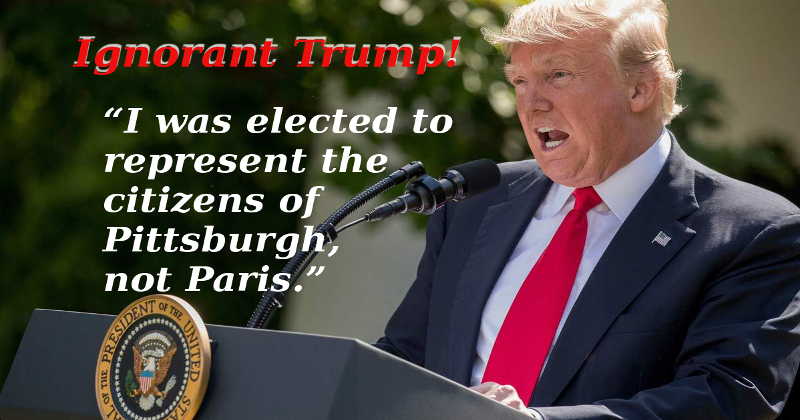World News
House Approves Trump’s $9 Billion Cuts to Public Media and Foreign Aid
In a narrow vote early Friday, the Republican-controlled U.S. House of Representatives approved President Donald Trump’s request to cut $9 billion from public media and foreign aid programs, advancing the bill to the White House for signature.
The chamber voted 216 to 213 in favor of the funding rescission package, which the Senate recently amended to exclude approximately $400 million earmarked for the global PEPFAR HIV/AIDS prevention program. Only two House Republicans, Representatives Brian Fitzpatrick (Pennsylvania) and Mike Turner (Ohio), joined Democrats in opposing the measure.
Representative Aaron Bean (R-Florida), a strong advocate of spending cuts, hailed the vote as one small step to cut wasteful spending, but one giant leap towards fiscal sanity, echoing calls for similar reductions from the White House each month.
House Minority Leader Hakeem Jeffries warned that the cuts would harm America’s security and global influence, arguing that reduced funding for public radio could limit emergency information access for rural Americans. Democrats also expressed worry that the move undermines U.S. soft power on the international stage.
The vote faced delays amid internal Republican disagreements over unrelated legislation and demands from some party members for more transparency regarding documents tied to convicted sex offender Jeffrey Epstein. To resolve the issue, House Republicans introduced a resolution urging the Justice Department to release Epstein-related documents within 30 days, a move critics called insufficient due to the lack of enforcement power.
This was the second close House vote on Trump’s effort to reclaim previously approved funds. A June vote on an earlier version passed by a similar slim margin of 214-212, with some Republicans siding with Democrats in opposition.
House Republicans were under pressure to pass the Senate’s amended version quickly, as the Trump administration would have been required to spend the funds if Congress did not approve the cuts by the Friday deadline.
The $9 billion cut accounts for roughly 0.1% of the $6.8 trillion federal budget. Republicans criticized the foreign aid funds as wasteful and claimed the $1 billion allocated to public media supports outlets like PBS and public radio that are biased against conservative views.
The Senate approved the rescission package by a 51-48 vote, with only two Republicans; Senators Susan Collins (Maine) and Lisa Murkowski (Alaska)—voting against the measure. Both questioned why Congress appeared to be following executive branch directives to reduce spending, underscoring that appropriations are constitutionally Congress’s prerogative.
“There’s a good reason I think that we haven’t seen a successful rescissions package before the Senate in almost 33 years,” Murkowski said on the Senate floor, emphasizing the importance of legislative control over spending.
Democratic leaders cautioned that this one-party cut could damage the bipartisan cooperation traditionally necessary to pass funding legislation, which typically requires a 60-vote threshold in the Senate. In contrast, rescissions bills only need a simple majority.
White House officials have signaled more rescissions requests to Congress are forthcoming if this package succeeds. The Trump administration has held up more than $425 billion of spending approved since January of his second term, according to Democratic lawmakers.
Russ Vought, Director of the Office of Management and Budget, said more spending-cut requests are “likely” and made headlines this week after suggesting the appropriations process should be “less bipartisan.” Collins and other lawmakers condemned the comment, reaffirming their commitment to bipartisan collaboration.
As Congress debates government funding for the next fiscal year, the passage of this rescission bill marks a key victory for President Trump and his allies’ agenda to reduce federal spending on programs they view as wasteful or politically biased. However, the political battles over budget priorities and government transparency appear far from over.
Comments
























